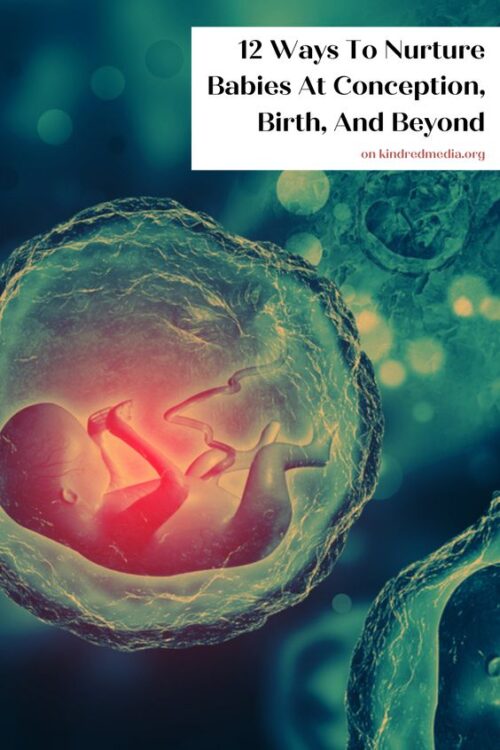Baby ACES: Understanding The Baby’s Experience Of Adversity and Resilience
In 1999, an adult in my private practice remembered their difficult birth in their body while receiving bodywork from me. It was an eye opening moment. I had just had my first baby and was a newly graduated Biodynamic craniosacral therapist. We are trained to ask about the birth process in our adult clients because of the compressive forces on the body particularly the cranium. My client told me that she felt her lifelong depression was associated with her near death at birth, and what followed were sessions where she process her memory.
Flash forward over 20 years. We now know that yes, adverse events in utero (even preconception) may have a debilitating impact on us, and at the very least leave a neurodevelopmental imprint that may last a lifetime. Many of the issues associated with difficulties prenatally or during birth don’t show up for decades. These issues include depression, chronic illness, and mental illnesses that range from schizophrenia and bipolar disorders to ADD/ADHD to autism. The research that has been done, and the awareness that is connected to these adverse events are profound.
We are hosting a panel talk of amazing researchers and practitioners who have done their due diligence to track down the studies that impacted them and their clients online starting May 11, 2021. The event, The Impacts of Adverse Prenatal and Birth Events: A Transdisciplinary Approach, features fetal brain researchers, a mother who suffered horrible birth trauma but used her experience for good to make hospital changes, writers and researchers in parenting, practitioners who work with adults with early trauma and with families with babies. It is the second series where we seek a transdisciplinary experience to bring more awareness to the baby’s experience. We feel that understanding adverse events in childhood (ACEs) has led to trauma-informed care approaches in education, community development and medicine. We want the same approach for prenatal care, birth and parenting. The data show that sensitive caregiving after difficult births may prevent mental illness later in life.
The speakers in the Adverse Baby Experiences panel include, Darcia Narvaez, PhD, Kindred World’s president and founder of the Evolved Nest Initiative. Narvaez will be talking about Baby ACEs and her initiative, The Evolved Nest. In her interview, she said, “I realized from reading neuroscience, anthropology, Allan Schore, Jaak Panksepp, James Prescott, and the book, “Hunter-Gatherer Childhoods,” that we really have messed things up–from the ground up. Our bodies and brains are engraved from our early experiences! Civilization, industrialized civilization, just forgot what babies need.”
Other presenters include Dr. Gianluca Ursini (MD, PhD) whose research on genetics and neurodevelopmental challenges from the prenatal time and birth began with becoming a psychiatrist. He states that after a time working with patients with schizophrenia in particular, he felt like “an inspector arriving too late at the murder scene.” He became a researcher for the Lieber Brain Institute in Baltimore, MD. Listen to his interview here.
Veronique Mead, MD, MA, SEP, author of the award winning blog, Chronic Illness Trauma Studies will talk on her amazing analysis of the baby’s experience starting preconception, with her Adverse Babyhood Experiences work. She tracks her chronic illness back to her baby experiences. A final speaker includes myself, which brings me back to the beginning of this blog post.
I have been a passionate educator and practitioner dedicated to understanding the baby’s experience. This past year, I began an online learning community of practitioners who provide practical education for others all around supporting families with babies, and adults who want to heal from early neurodevelopmental wounds. There is free content that you can read more about this early paradigm. I want to personally invite this Kindred community to come to this online panel that starts May 11. Professionals in the field of fetal medicine, birth and prenatal and perinatal somatic psychology have identified another set of adverse experiences that occur prenatally, during or after birth. In this pioneering series, you will meet highly trained professionals and parents who want to share their passion with you around models of care, experiences, and wisdom around pregnancy, birth, breastfeeding and more. You will hear stories of strength and humility, and a you will look through a lens into the world of families and babies like you have not seen before. Early adverse events create their own set of neurodevelopmental challenges. We can heal them, and we can also prevent them. Come, enjoy the passion and expertise from this talented panel and help us as a community integrate the baby’s experience into health practices.
For more information, click here.
Free Talk: The Baby is in the Shadow.


